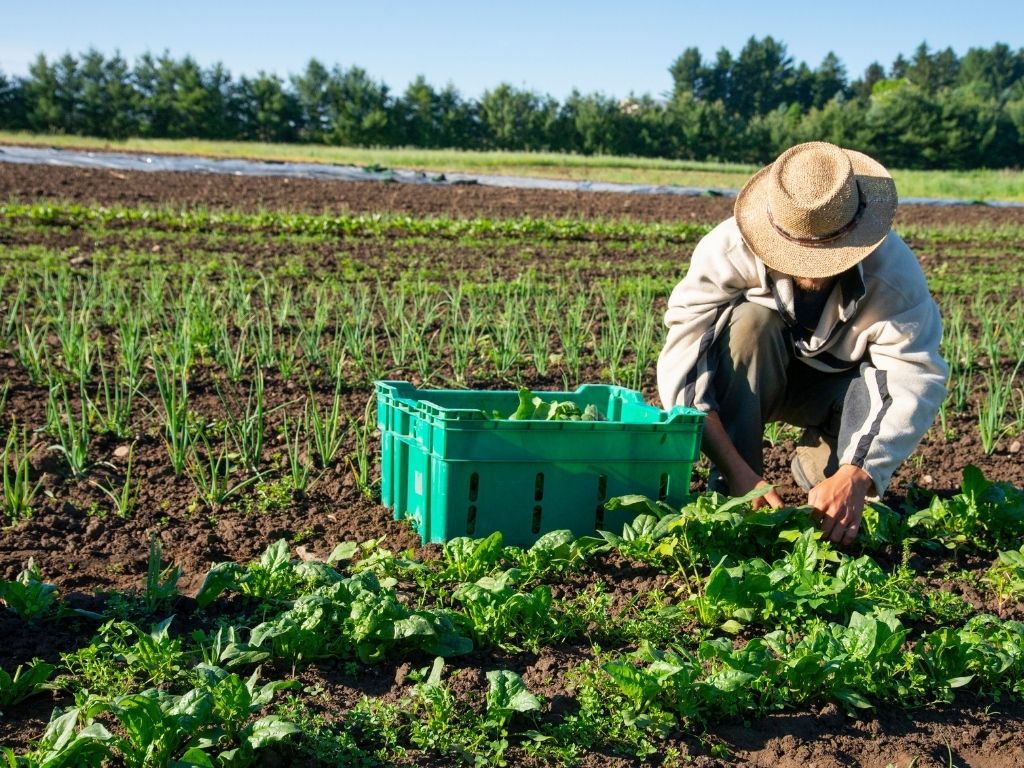Economic And Market Aspects
Organic farming has definite economical changing aspects compared to normal farming here are some key aspects.
- Cost Analysis and Profitability
Organic farming often elevated initial investment, such as acquiring
organic certification, purchasing organic seeds, and implementing
sustainable drill CITATION Tej21 \l 4105 (Tscharntke, October 2021).
Over time, decreased reliance on expensive synthetic like chemical
fertilizers and pesticides can lessen production costs.
Organic produce often commands greater prices in the market due to
its remarked health and environment benefits, making it a beneficial
project for many farmers.
- Market Demand and Consumer preferences
Developing awareness of health and environmental issue has led to increased demand for organic products.
Buyers are inclined to pay a premium for organic foods, specifically in urban and wealthy markets.
- Challenges
Organic farmers may encounter difficulties accessing conventional markets due to competition and limited infrastructure for organic supply chains.
Certification costs and adhering to strict organic values can be barriers, especially for small-scale farmer.
- Economic Sustainability
Diversification of crops in organic farming helps stabilize income by reducing risks associated with market fluctuations and pest infestation.
Organic farming often local economic by encouraging community-supported agriculture and promoting eco-tourism.
